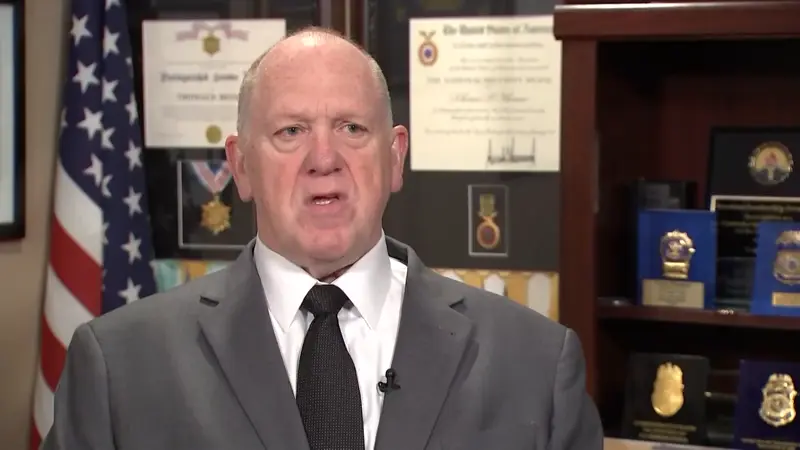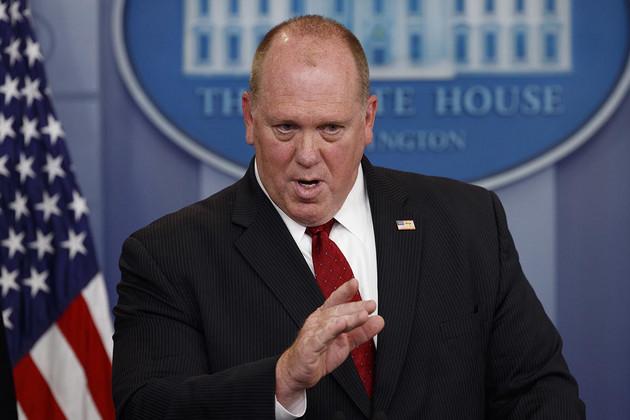The appointment of Tom Homan as President Trump’s “border czar” has intensified tensions over immigration policy, particularly his threats to arrest Democrat mayors who resist mass deportation efforts. Homan, a former acting director of Immigration and Customs Enforcement (ICE), has vowed to prosecute local leaders in sanctuary cities who “harbor or conceal” undocumented immigrants, citing Title 8 U.S. Code 1324(iii), which deems it a felony to impede federal law enforcement or knowingly shield illegal aliens. His rhetoric, amplified on conservative media, has targeted figures like Denver Mayor Mike Johnston and Chicago Mayor Brandon Johnson, igniting a firestorm over federal authority, states’ rights, and public safety.

Homan’s threats stem from his mandate to execute Trump’s promise of the largest deportation operation in U.S. history, starting January 21, 2025, with Chicago as a key focus. He has singled out mayors who uphold sanctuary policies, like Johnston, who vowed to resist deportations and even referenced civil disobedience, and Johnson, who reaffirmed Chicago’s sanctuary status. Homan warned that non-cooperation could lead to felony charges, stating on Fox News, “Me and the Denver mayor agree on one thing: he’s willing to go to jail, and I’m willing to put him there.” He reiterated this stance in Chicago, urging Johnson and Illinois Governor JB Pritzker to “get the hell out of the way” or face prosecution. Posts on X reflect polarized sentiment, with some praising Homan’s hardline approach as overdue accountability, while others, like @CalltoActivism, call it a “terrifying” abuse of power.
Legal experts question the feasibility of Homan’s threats. Prosecuting mayors would require clear evidence of intent to violate federal law, a high bar given that sanctuary policies often operate within states’ constitutional rights. The Tenth Amendment protects states from being compelled to enforce federal mandates, as upheld in cases like Printz v. United States. Past attempts to charge local officials for non-cooperation have faltered, such as a 2023 probe into a Wisconsin judge that yielded no charges. Critics argue Homan’s rhetoric is more political posturing than actionable policy, designed to intimidate blue-city leaders.
The debate underscores broader divisions. Supporters, including Chicago aldermen like Nicholas Sposato, back Homan’s focus on deporting criminal migrants first, arguing it enhances safety. Opponents, like Congresswoman Delia Ramirez, decry the plan as targeting communities that bolster local economies, accusing Homan of fearmongering. Public opinion is split: a 2025 New York Times/Ipsos poll found 55% support for mass deportations, but resistance remains strong in urban centers.
Homan’s threats, backed by incoming Attorney General Pam Bondi, signal a confrontational approach, but legal and political hurdles loom large. Arresting mayors could escalate partisan conflicts, risking lawsuits and public unrest. As the Trump administration prepares to act, the clash between federal power and local resistance promises to reshape the immigration landscape.






